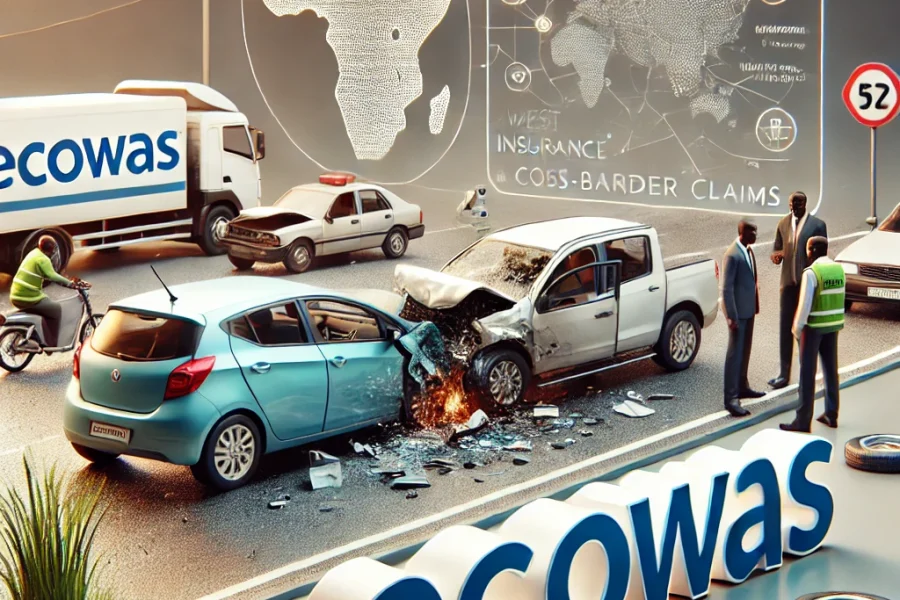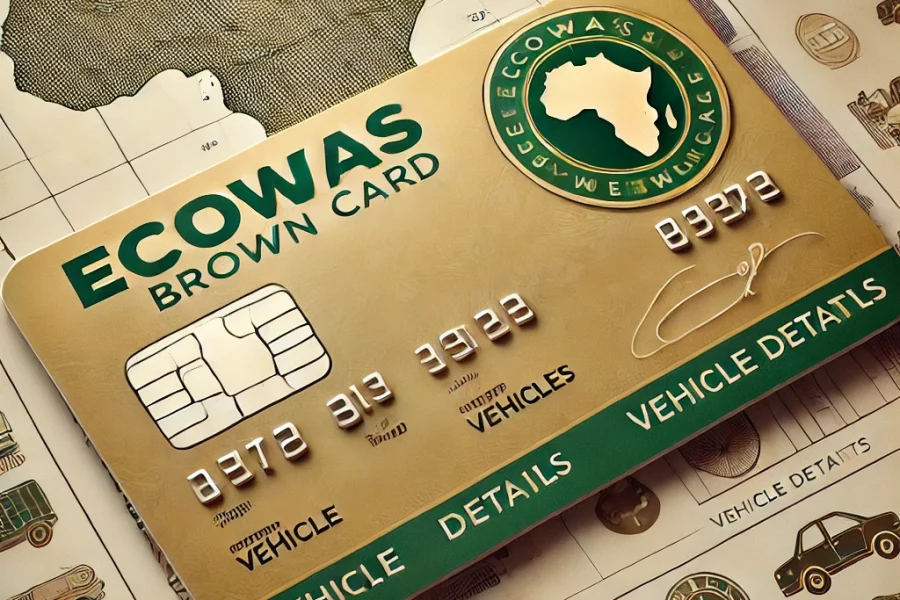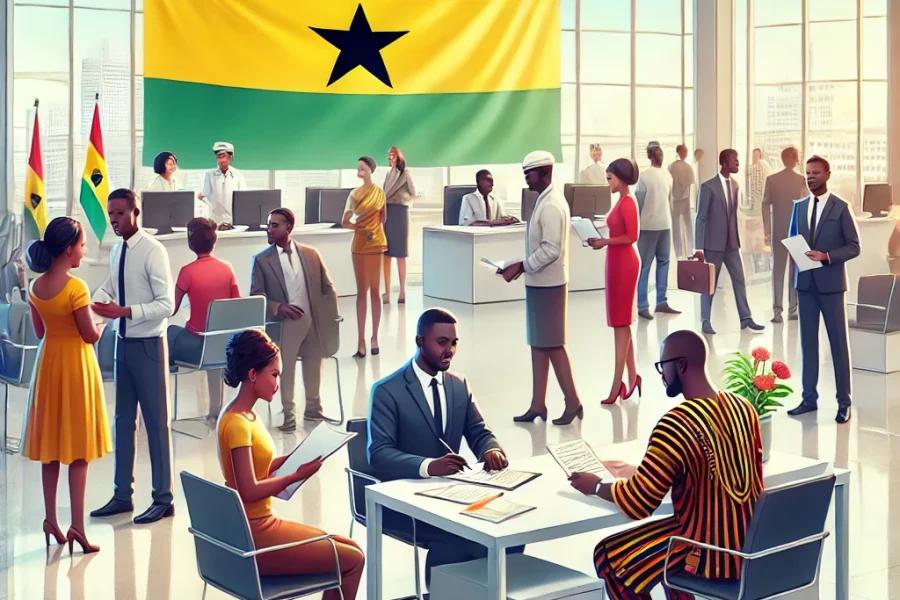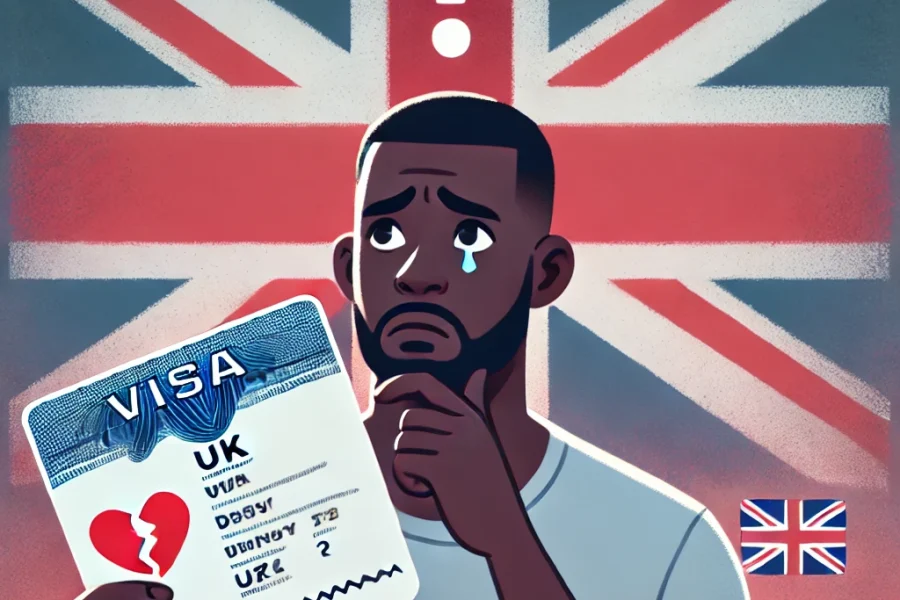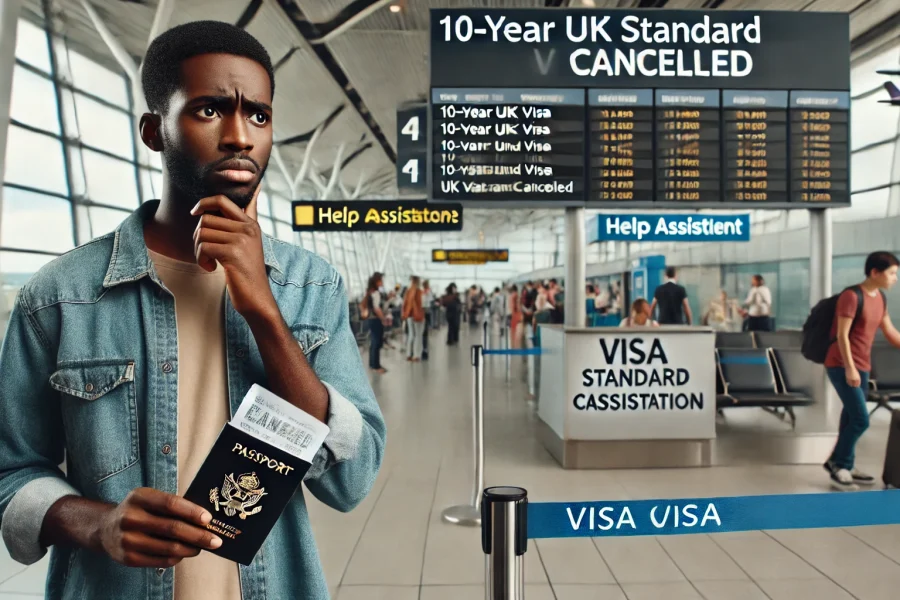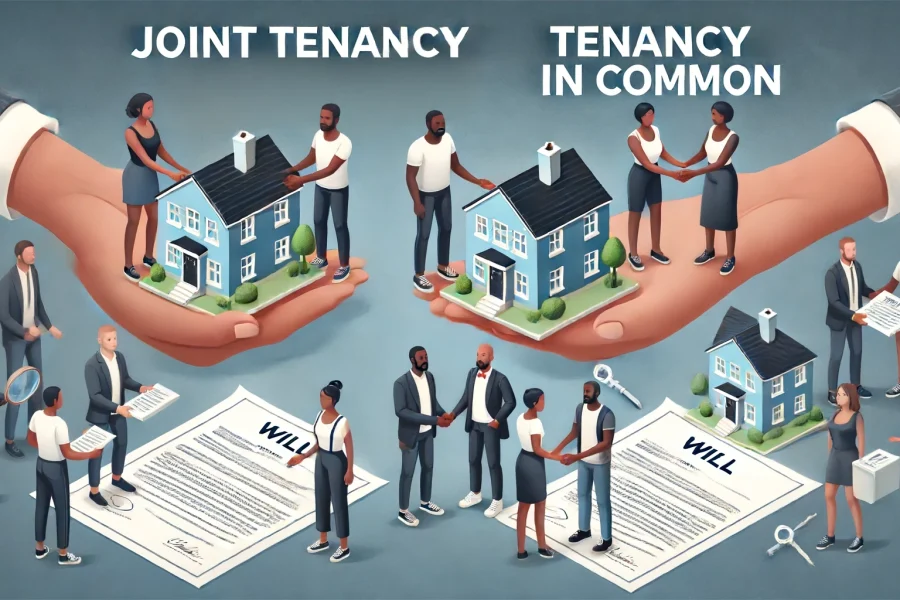[php_everywhere]
What is the ECOWAS Brown Card?
The ECOWAS Brown Card is a transnational motor vehicle third-party liability insurance scheme established under the ECOWAS protocol to ensure protection for road traffic accident victims across member states. It enables victims to access compensation for damages incurred in another member country, regardless of the origin of the driver responsible for the accident.
How Are Claims Made Under the Brown Card Scheme?
Claims under the Brown Card system follow a structured process designed to ensure fair and prompt compensation for victims:
After an accident, the involved party should report it immediately to the local authorities and the National Bureau (the authorized handling body) in the member country where the accident took place.
The claim can be initiated by the victim or their representative. This includes filing a detailed accident report with the Handling Bureau in the accident’s location.
To support the claim, the following documents are generally necessary:
- A copy of the ECOWAS Brown Card of the at-fault party
- Police or accident report detailing the incident
- Identification of the claimant
- Medical bills and repair invoices, if applicable
- Proof of insurance coverage
Once the Handling Bureau verifies the claim, they forward it to the Issuing Bureau of the at-fault driver. The Handling Bureau is responsible for ensuring that claims are promptly addressed and compensated, usually within 30 days of approval. Delays may lead to additional fees charged to the Issuing Bureau
Should You Use a Lawyer for Filing a Claim?
While it is possible to make the claim process independently, a lawyer’s assistance is beneficial, especially for complex cases. Here’s why:
- Lawyers understand the nuances of the Brown Card Protocol and can ensure compliance with all procedural requirements
- A lawyer will help compile and submit accurate, comprehensive documentation to support your claim, minimizing delays
- If the claim’s validity is questioned or if compensation is inadequate, a lawyer can advocate for the victim’s rights, including seeking additional compensation
Legal Fees for Claim Assistance
Lawyers typically charge based on the claim’s complexity and the services rendered, with fees potentially structured as a percentage of the compensation awarded. Discussing fees and service scope beforehand with a lawyer is advisable to ensure a clear understanding of the costs involved.
While the ECOWAS Brown Card provides valuable cross-border coverage, certain claims may not be eligible for compensation.
The protocol specifies several key exclusions:
- Injuries sustained by the driver responsible for the accident are not covered
- Damages incurred by passengers traveling in the course of their employment with the insured are excluded
- Damages resulting from radioactive contamination or accidents involving hazardous materials are not covered, reflecting the scheme’s focus on third-party liability in more typical motor accidents.
- Claims for passengers injured while being transported unsafely (e.g., in violation of legal safety requirements) are also excluded
Following the outlined steps and engaging a lawyer can ensure a smoother and more favorable claims process, leading to the best possible outcome. For accident victims, understanding this protocol and seeking professional legal guidance can make a significant difference in the claim’s success.
Disclaimer: The information you obtain from this article is not, nor is it intended to be, legal advice. You should consult a lawyer for advice regarding your individual situation. Contacting us or viewing this article does not create lawyer-client relationship.


